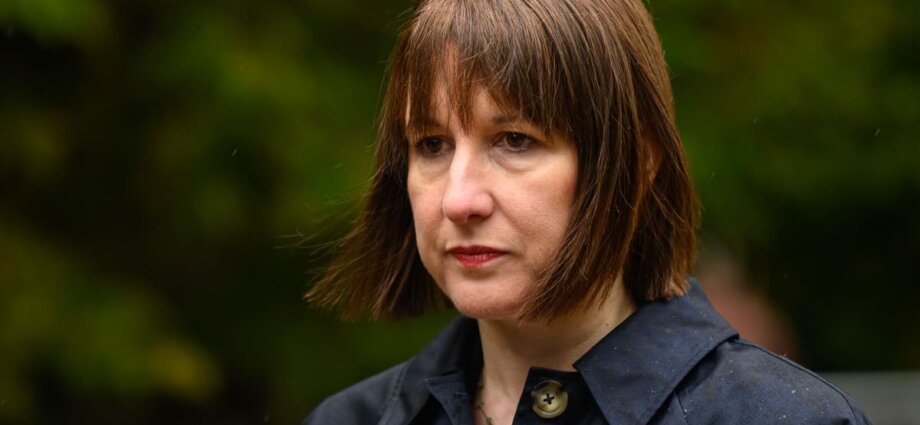Chancellor Rachel Reeves has said she is “sympathetic towards the mess” her Cabinet colleagues have faced, after it was reported that Sir Keir Starmer was facing backlash from his ministers over cuts that could come at next week’s Budget.
Ms Reeves has told the BBC it is “perfectly reasonable” that ministers “set out their case” to Number 10 and Number 11 ahead of the fiscal event, and warned problems cannot “just be magicked away”.
She said she had reached spending settlements with all government departments ahead of the Budget.
Speaking to Radio 5 Live from Downing Street in an interview due to be broadcast on Wednesday, she said: “I’m very sympathetic towards the mess that my colleagues have inherited. I understand those challenges, but also my colleagues understand the challenges that we face as a government in making sure that the sums add up.
“It is perfectly reasonable that Cabinet colleagues set out their case, both to me as Chancellor and to the Prime Minister, about the scale of the challenges that they find in their departments. It’s been a really constructive process.”
Last week, it was reported that the Prime Minister was facing backlash from senior ministers over potential departmental spending cuts.
The Prime Minister has previously warned that the Budget next Wednesday would be “painful”, and ministers have been referring to the “black hole” in the public finances since they entered office.
Ms Reeves will be looking to raise up to £40 billion from tax hikes and spending cuts in order to avoid a return to austerity.
Echoing the Prime Minister’s previous words, she told the BBC that “you can’t just sort of pretend that the sort of fiscal position that we’ve inherited is all fine and there won’t be any pain in fixing it.”
She said that she had been “really clear” that there would be “difficult decisions” to come on welfare and taxation, and added: “I’m not going to say that all of those problems can just be magicked away.”
Labour promised in its manifesto that there would not be tax rises on VAT, income tax and national insurance, as part of a promise that it would “not increase taxes on working people”.
Ms Reeves said that the Government would not increase the “main taxes” that working people pay, telling 5Live: “We said that because working people had already paid the burden under the last government, we wouldn’t increase the taxes, the main taxes that working people pay, so income tax – all rates – national insurance and VAT.
“So those taxes that working people pay, we’re not increasing those taxes in the Budget.”
There was mixed news for the UK economy on Tuesday as projections for economic growth for this year upgraded, but elsewhere Government borrowing was revealed to have been higher than predicted.
On Tuesday, figures from the Office for National Statistics revealed that Government borrowing for the financial year so far was higher than official forecasts had predicted.
The ONS said public sector net borrowing in the first half of the financial year stood at £79.6 billion – £1.2 billion more than a year earlier and £6.7 billion higher than forecast by the independent fiscal watchdog, the Office for Budget Responsibility (OBR).
The ONS said that Government borrowing rose to £16.6 billion last month, up £2.1 billion year-on-year and marking the third highest September borrowing since records began as public sector pay hikes took their toll.
Meanwhile, new projections from the International Monetary Fund suggested that the UK economy is set to grow faster than previously thought in 2024 as drops in inflation and interest rates help drive spending.
The organisation said UK gross domestic product (GDP) is due to grow by 1.1% in 2024.
It represents a significant upgrade after predicting 0.7% growth in July.











